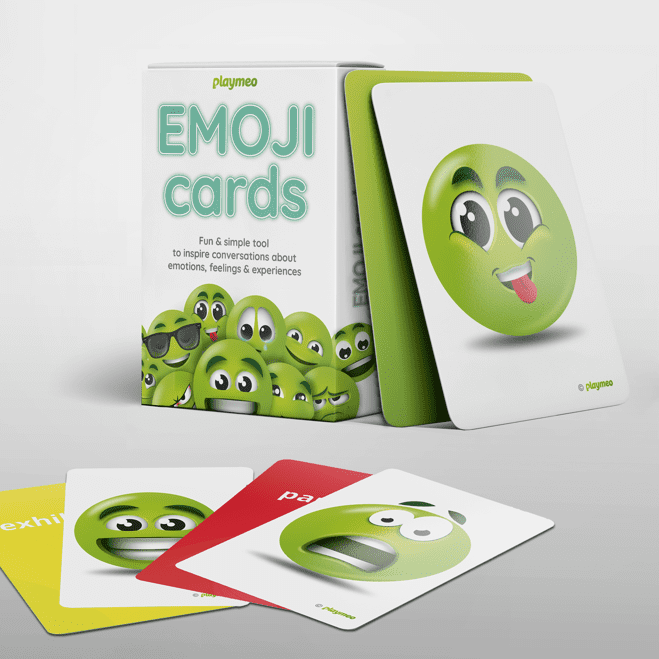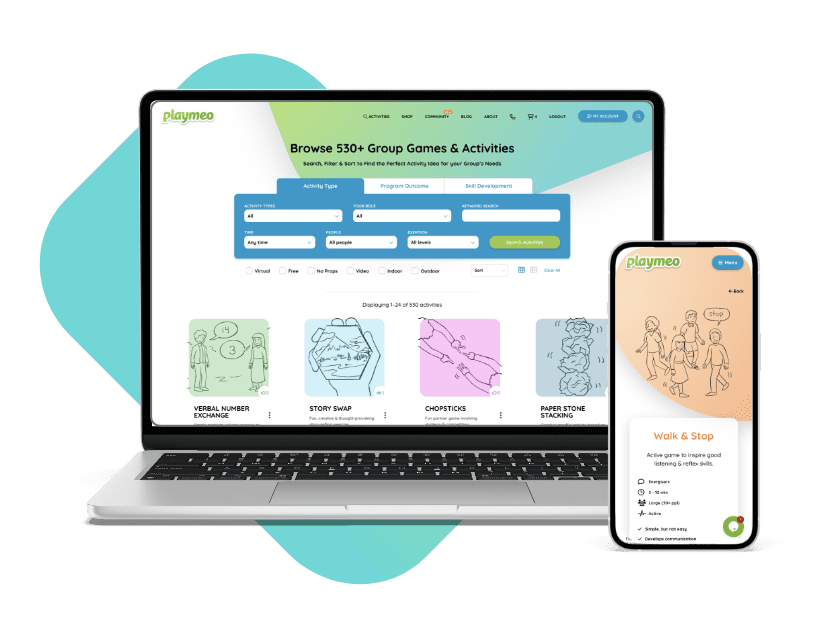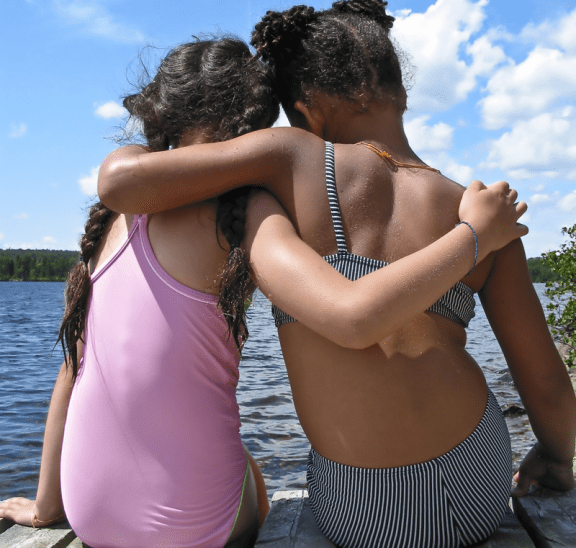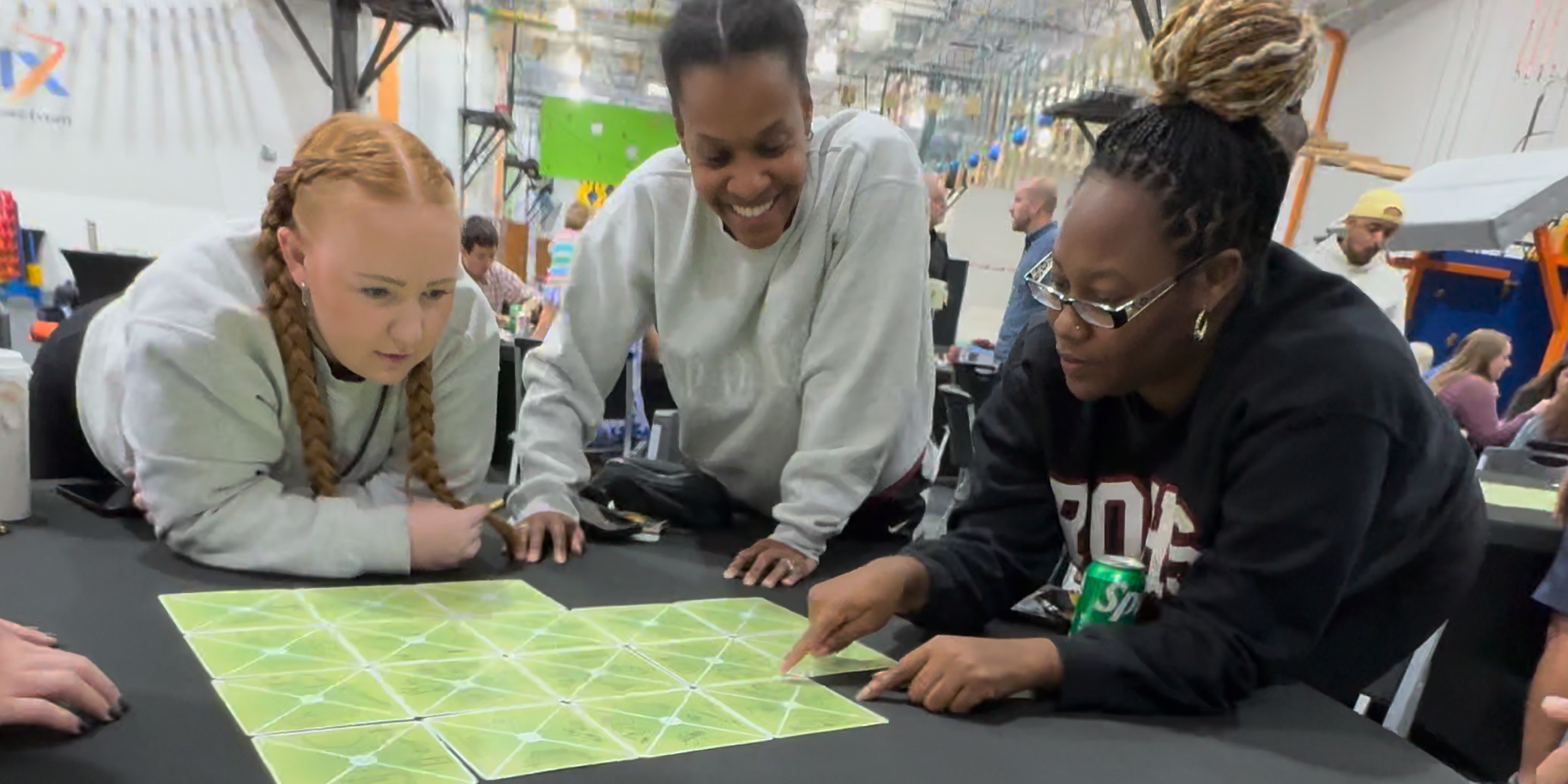This week’s post comes to you from guest blogger Dana Kerford from URSTRONG, an internationally-recognised social-emotional wellbeing program for kids.
Dana and I met at a recent positive education conference and I was immediately struck by her passion and expertise in helping kids form and sustain friendships.
In this blog, Dana discusses the Four Facts of Friendships.
Friendships are central to our students’ lives and are among the most important relationships they experience, in school and beyond. When children face challenging friendship issues, their wellbeing and ability to learn are inhibited.
So, how do we teach our students to have healthy relationships and guide students to bring healthy relationships to life and successfully navigate inevitable challenges?
The answer: Focus on friendship skills.
When we teach children how to form deep and meaningful friendships, they learn universal strategies that will apply to relationships in their lives.
The URSTRONG team has been helping students and schools for more than a decade and continues to convey the four key, underlying, teachable Friendship Facts that help students successfully build and maintain strong, meaningful and healthy peer relationships.
These four simple truths allow our students to develop realistic expectations and feel successful in their friendships:
1. No friendship (or relationship) is perfect
Our students need to understand that conflict is a normal, natural part of a friendship – and they can survive it. When children learn to face their Friendship Fires, as we call them, and resolve conflict in a way that respects themselves and others – they are less likely to engage in unhealthy behaviours. Helping our students become master conflict-resolvers, rather than conflict-avoiders, fundamentally helps shift a school culture to a place of kindness and respect.
2. Every friendship is different
This seems like common sense, but children often expect every friendship to operate in the same way. They need to understand that every friendship is different because every person is different. This means, what works with one friend may not work with another. If your students are experiencing a challenging friendship, encourage them to describe when they feel most comfortable with that friend. What are they doing when it feels difficult or complicated? Help your students become strategic about their friendships by identifying what works and devising a plan to address things that are not working. Our students need to understand that each friendship is unique and requires its own set of instructions.
3. Trust and respect are the two most important qualities of a friendship
Trust and respect are the foundation of a strong friendship. When mistrust or disrespect develops, the foundation starts to crack. Ask your students: ‘What does trust look like in a friendship?’ Discuss topics like secrets, reliability, loyalty, honesty and promises. Ask them: ‘What does respect look like?’ Discuss topics such as listening, inclusivity, discrimination, stereotypes, family values and religious beliefs. Exploring what trust and respect look like in action, helps our students identify the key ingredients of a healthy friendship.
4. Friendships change… and that’s okay
Friendships are constantly evolving because people are always changing. Sometimes we change, learn and grow alongside our friends; sometimes we simply grow apart or friendships become unhealthy, even toxic. Our students need to become comfortable with this natural ebb and flow of friendships and accept that some friendships may only last a brief time. Remind your students they deserve feel-good friendships and, as hard as it is, sometimes even the ‘best’ friendships change… and that’s okay.
Teaching and reinforcing these four concepts empower students to create strong boundaries and make smart choices within their relationships; helping them set the stage for healthy friendships to grow. When friendship skills are explicitly taught, our students learn how to manage the realities of all their relationships and schools become a place of harmony and belonging.
To learn more about enhancing the social-emotional wellbeing of children through friendship skills visit the URSTRONG website.
Dana is a teacher, friendship expert and the founder of URSTRONG. A mother of two and an educator, Dana is passionate about empowering children with friendship skills, language & self-confidence to develop healthier relationships.

No Props? No Problem!
Get 150+ no-prop games & activities + exclusive 30-day free trial of playmeo. Scan QR codes to view activity videos, leadership tips, etc.

EMOJI Feeling Cards
50+ cards that portray a range of emotions from happy, sad, angry & confused. Ideal for building emotional literacy skills.

Wow, you’ve been busy!
You can open 1 more
activity for free.
Limit resets every 24 hours
or click below to get unlimited access.











Original post August 2018, last updated October 2020.